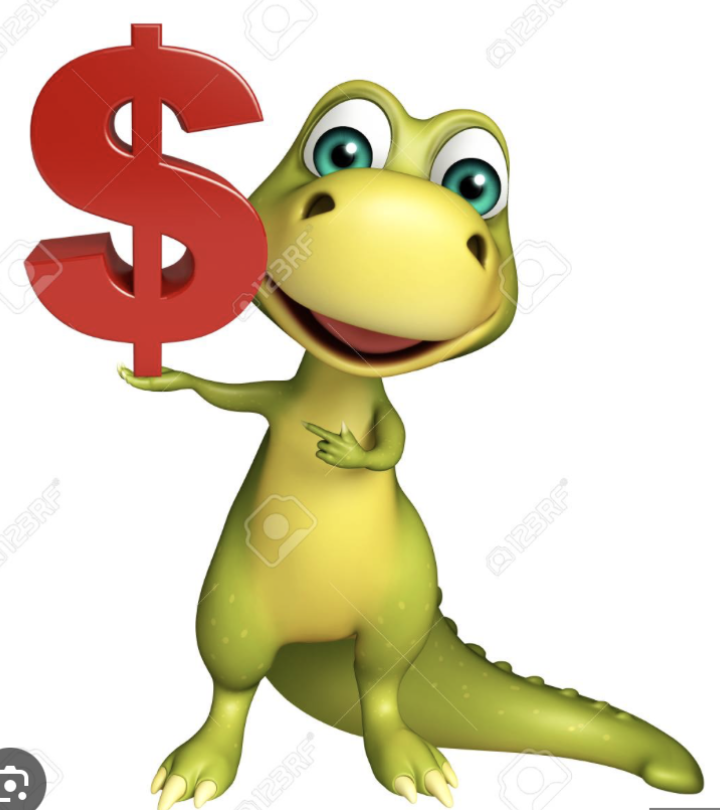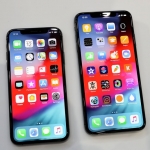July 17, 2023
(DINOSAUR SKELETONS ARE NOW CONSIDERED AN INVESTMENT)
July 17, 2023
Hello everyone,
Who would have thought that dinosaur skeletons would become a much-loved asset? We all know there are recent investment favourites like NFTs (non-fungible tokens), cryptocurrencies, cars, sporting cards, etc. And of course, there are the old favourites like art, wine, and stamps.
But collecting dinosaur artifacts is not a new phenomenon. The rich and famous have been dabbling in these investments for some time. Given global inflationary tendencies investors are looking for hard assets to protect their capital – and ideally achieve capital growth, too.
In the late 19th century, wealthy Wall Street financiers like Jean P Morgan and John D Rockefeller funded professional expeditions to unearth dinosaur fossils.
More recently – during the 2010s, Hollywood actors like Nicholas Cage and Leonardo DiCaprio publicly bid on dinosaur bones, which gave the sector a huge boost in visibility.
The go-to collector’s item for rich Asians is now a dinosaur skeleton which they show off in their living room.
The Covid pandemic was another boost to this asset class. Fossil hunting is something that is done out of doors and during the pandemic, this outdoor activity was one of only a handful of the things allowed, so fossil hunting grew in popularity.
In May 2022, a Deinonychus antirrhopus – a species that became one of the world’s most recognizable dinosaurs after the release of the movie “Jurassic Park” – sold for $12.4 million, with fees to an undisclosed buyer.
To show how prices have increased here are two examples. The first is a cave bear skull sold in New York for $4,750 in 2012. A similar skull was sold in 2022 bringing in well over $26,000 in Paris. Another example is a single T. rex tooth that sold for $11,250 in 2013. Nine years later, a similar tooth sold for nearly double the price. Even high-end replica skeletons are gaining popularity for those who cannot afford large original specimens.
Some important investment tips.
As with any investment, when looking into fossils big or small there are some general rules:
Do your homework. The more information you have about what is out there the better. Not all fossils are rare and there are any number of fakes. Sometimes items have been restored, substantially altered, or simply identified incorrectly.
Buy the best you can afford and don’t put all your eggs – especially dinosaur eggs – into one basket. Diversity is always a good investment plan.
Buy things with a proven track record and a clear chain of ownership. Though this won’t guarantee future success, it will give some guidance.
I will Wishing you all a great week.
Cheers,
Jacquie




